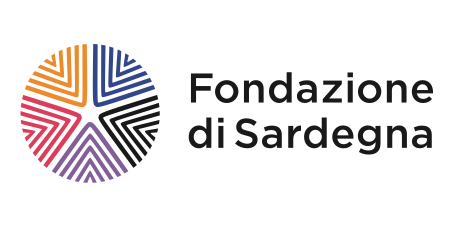Idese is a project promoted by the Segretariato Regionale del Ministero della Cultura per la Sardegna, introduced to meet the need to create a shared, digital tool for the enhancement of both material and immaterial cultural heritage. The tool aims to put heritage, services, events and places online and guarantee better accessibility to regional cultural heritage.
The name chosen for this project is a word which brings to mind Ides which in Logudorese Sardinian means “look” “admire”. It also plays on the root ‘Id’ found in the verb vedere (to see, in Sarda videre) and the word idea, interpreted as the human ability to imagine and represent ideas.
Idese leads the visitor in search of even the most obscure cultural heritage sites by panning an interactive map with points of interest corresponding to cultural heritage sites, each one with a detailed description, photo gallery, external link and video.
It is an interactive system which allows the end user to consult and actively participate by creating content, uploading photos, recommending updates, indicating sites not yet on the map, and sharing their research and sites visited on social network, to promote heritage and cultivate a passion for culture as well as safeguarding it.
History
Idese initially drew from the vast collection of data gathered for the editorial project “I sentieri della Memoria” (The pathways of the Memory) produced in 2008 by the then Regional Department. At that time, a team of experts grappled with a detailed mapping of some of the geographical areas in Sardinia and with cataloguing the sites which were grouped into 10 guides complete with maps and accurate information on how to access the sites.
The adaptation of this data to an interactive digital platform required an in-depth re-organisation of the data and there emerged a need to develop specific functions for the constantly evolving digital tools.
Mission
The Idese platform aims to contribute to promoting the region thanks to practical information on access and navigation functions through a completely free service, accessible to everyone.
Thanks to continuous updates and detailed links and information on listed sites, it is also an intuitive learning and research tool into the region’s cultural heritage.
When the data was gathered, any organisation established for commercial purposes was excluded.
The Idese work group remains active and welcomes any information on new sites that could be included or any updates, in order to provide an even more extensive and up-to-date mapping of the cultural heritage.


